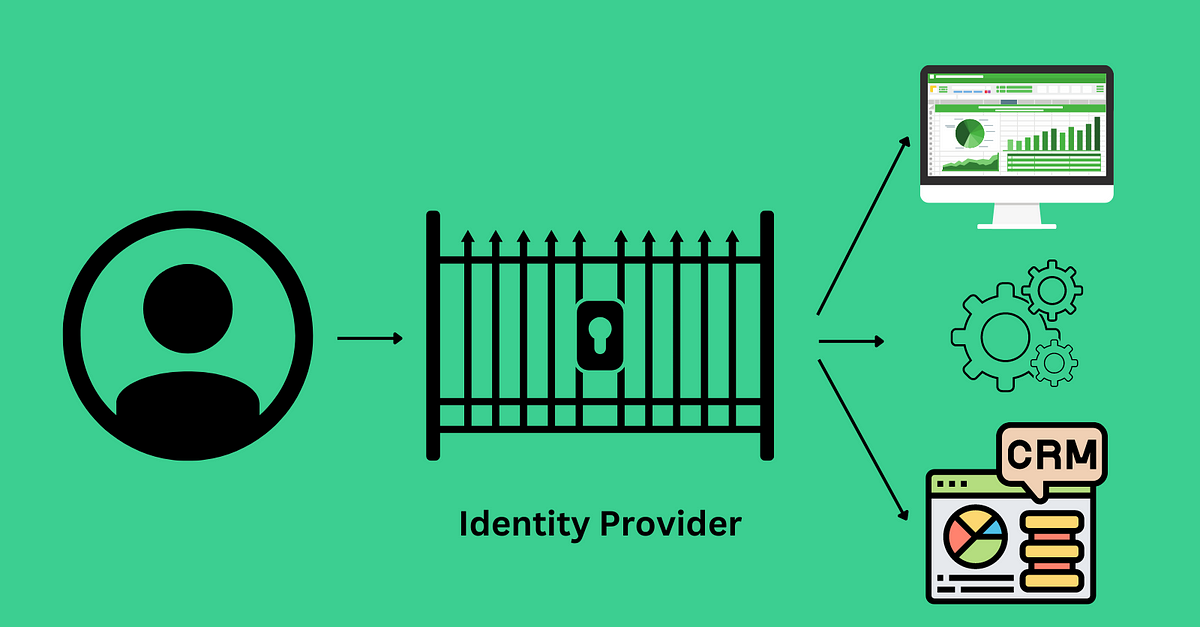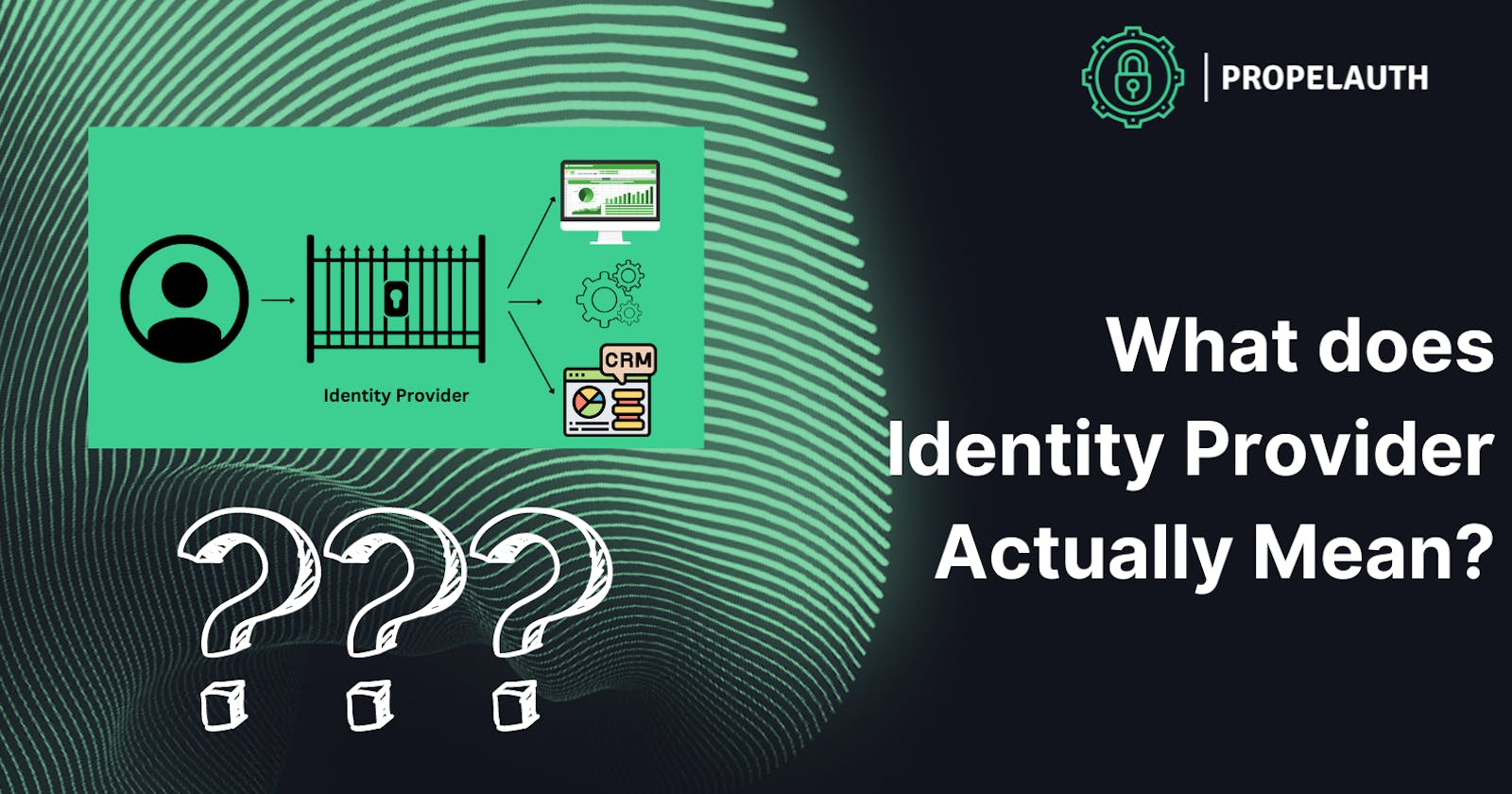When it comes to online security and authentication, the term “Identity Provider” is often thrown around. But what does it actually mean? In simple terms, an Identity Provider (IdP) is a trusted service that authenticates and verifies the identity of users and provides them with access to protected resources.
In other words, an IdP acts as a gatekeeper between the user and the resource they are trying to access. Instead of requiring the user to provide their credentials (such as a username and password) to each individual resource they want to access, the user provides their credentials to the IdP once, and the IdP then vouches for their identity to any resource that trusts it.

This can be particularly useful in scenarios where multiple resources need to be accessed using the same set of credentials. For example, in a situation where a company uses SAML Authentication, a user may have a single set of credentials for their company’s internal resources, such as email, HR systems, and project management tools. By using an IdP, the user only needs to provide their credentials once to gain access to all of these resources, rather than entering their credentials individually for each one.
Another advantage of using an IdP is that it can provide additional security features such as multi-factor authentication (MFA), which requires the user to provide additional proof of their identity before gaining access to a resource. MFA can include something the user knows (such as a password), something they have (such as a token or smart card), or something they are (such as a fingerprint or facial recognition).
So, what are some common examples of IdPs? One of the most well-known is Google, which provides an IdP service called Google Sign-In. This allows users to log in to third-party websites and applications using their Google credentials. Some companies uses IdPs like Okta, Rippling, and Jumpcloud to manage their employees. Other popular IdPs include Facebook, Microsoft, and LinkedIn.
An Identity Provider is a crucial component of modern online security and authentication systems. By acting as a trusted third-party service, an IdP can help simplify the process of accessing multiple resources using a single set of credentials, while also providing additional security features to protect user accounts. With PropelAuth, we can help you integrate with popular IdPs whether it’s Google, LinkedIn, or IdPs used more for workforce management like Okta, Azure AD, JumpCloud.
